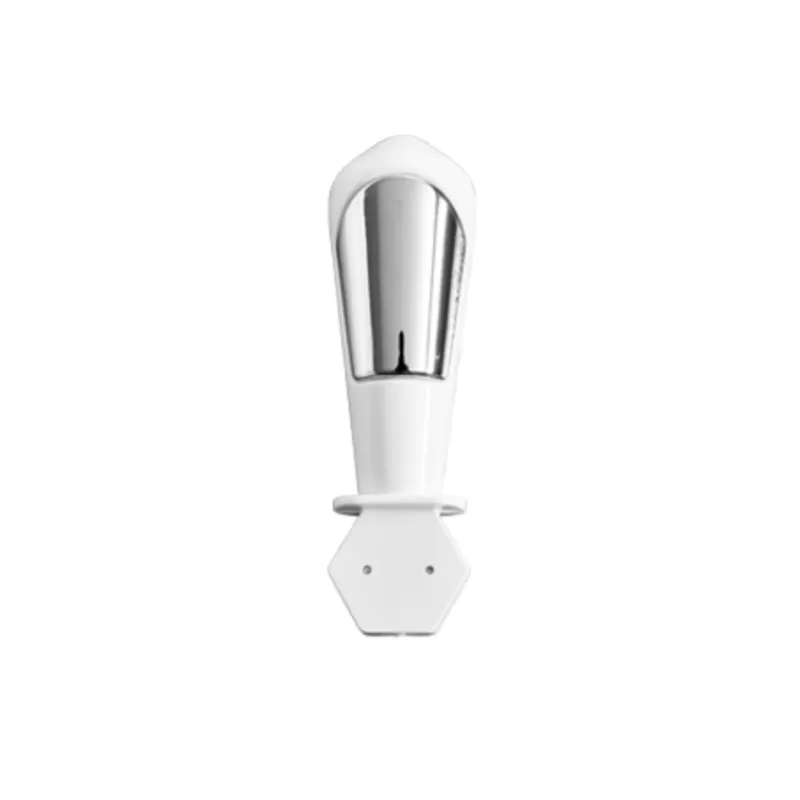Urinary Incontinence (Overflow, Urge, Stress)
Urinary Incontinence (Overflow, Urge, Stress)
Urinary Incontinence (Overflow, Urge, Stress)
Condition
With the latest radio-frequency technology, our team at the R Clinic can help you restore your pelvic floor helping you to move with confidence again.
What is Urinary Incontinence?
What is Urinary Incontinence?
Urinary incontinence is a very prevalent condition that becomes even more common with age. It affects one in three of Australian women. There are different types of incontinence with unique causes. Leaks can range from a few drops to a heavy stream, depending on the type and severity of the condition. The most common forms of incontinence are stress incontinence and urge incontinence. Some patients experience symptoms of both.
What causes Urinary Incontinence?
What causes Urinary Incontinence?
It can be difficult to determine the exact cause of incontinence in any woman. Often it is related to specific changes in body function. Women are most likely to develop urinary incontinence during pregnancy and after childbirth, or after the hormonal changes of menopause. During pregnancy, the extra weight and changes in hormones weaken your pelvic floor – the ‘hammock’ of muscles, ligaments and tissues that support your bladder. The pelvic floor is then weakened again during labour by pushing and then after menopause, when your body makes less of the female hormone oestrogen that helps keep the pelvic floor strong
How can we help?
How can we help?
As a women led team at FEMME, we understand the unique needs and concerns of women. Our mission is to empower women though innovative and state of the art treatments, helping to remove the stigma around feminine health.
Urinary incontinences are common symptoms that represent part of complex pelvic floor condition. There are several contributing factors causing women to suffer from these embarrassing symptoms. Here at Femme by THE R CLINIC, we offer the latest radiofrequency technology for pelvic floor restoration, and our experienced medical professionals will provide you a comprehensive assessment and tailored treatment plan that address your concerns.

FAQ
Have further questions or want to learn more?
What are the risk factors for developing urinary incontinence?
- Gender. Women are more likely to have stress incontinence. Pregnancy, childbirth, menopause and normal female anatomy account for this difference.
- Age. As you get older, the muscles in your bladder and urethra lose some of their strength. Changes with age reduce how much your bladder can hold and increase the chances of involuntary urine release.
- Being overweight. Extra weight increases pressure on your bladder and surrounding muscles, which weakens them and allows urine to leak out when you cough or sneeze.
- Smoking. Tobacco use may increase your risk of urinary incontinence.
- Family history. If a close family member has urinary incontinence, especially urge incontinence, your risk of developing the condition is higher.
- Some diseases. Neurological disease or diabetes may increase your risk of incontinence.
Will incontinence go away?
Incontinence will not go away on its own but depending on the type of incontinence that you experience and the cause, it can often be improved. Often the first line of treatment for incontinence is pelvic floor exercise to strengthen the muscles that support the bladder. Newer technology such as Intra-vaginal electrical muscle stimulation can offer additional neuromuscular re-education to rehabilitate weak pelvic floor muscles. If muscle training is not enough, there are other energy-based devices (such as Forma V & Morpheus8 V) that strengthen the feminine tissues by stimulating the collagen cells to regenerate and rebuild for further support.
What are the complications of chronic urinary incontinence?
- Skin problems. Rashes, skin infections and sores can develop from constantly wet skin.
- Urinary tract infections. Incontinence increases your risk of repeated urinary tract infections.
- Impacts on your personal life. Urinary incontinence can affect your social, work and personal relationships.
What else I can do to improve my symptoms?
- Maintain a healthy weight
- Practice pelvic floor exercises
- Avoid bladder irritants, such as caffeine, alcohol and acidic foods
- Eat more fibre, which can prevent constipation, a cause of urinary incontinence
- Don’t smoke, or seek help to quit if you’re a smoker


